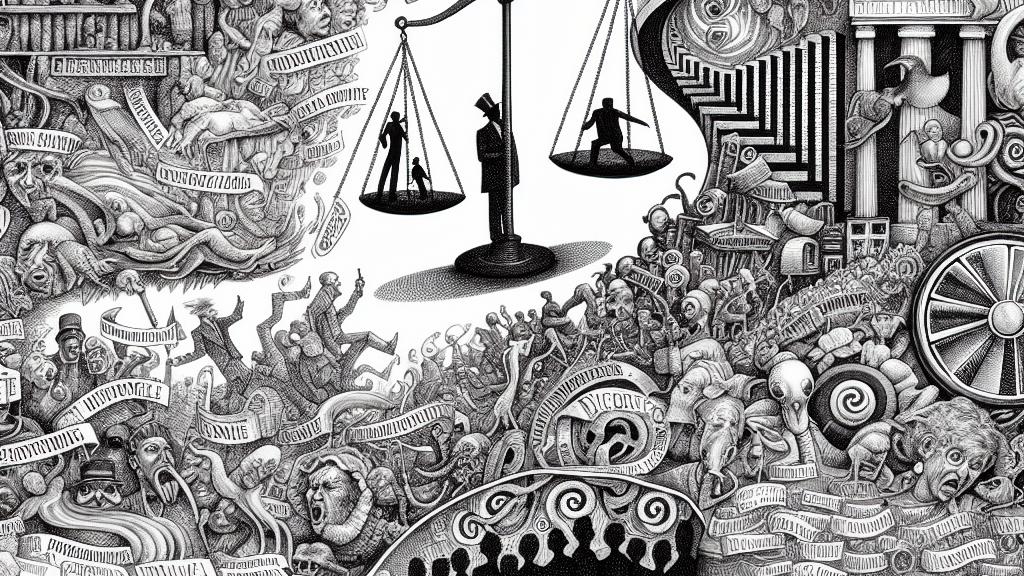Understanding Recent Changes in Korean Political Support
Overview
- The South Korean political landscape is experiencing drastic shifts in public support.
- Despite the ruling party's recent challenges, approval ratings are surprisingly on the rise.
- The opposition's repeated blunders contribute significantly to this unexpected political dynamic.

Shifting Political Landscape
South Korea's political arena is more unpredictable than ever. Picture this: after a problematic coup attempt linked to President Yoon Suk Yeol's administration, many political observers believed the ruling party would see its support plummet. Instead, recent polling data reveals a shocking revival, with approval ratings climbing back to a respectable 34%. How did this reversal occur? It's a captivating twist in the narrative, suggesting that while the ruling party has regained footing, the opposition is floundering, unable to seize the moment. This tension creates a fascinating atmosphere, almost like a suspenseful movie plot unfolding in real life, leaving citizens and analysts alike wondering what's next.
The Opposition's Missteps
On the flip side, the opposition has found itself embroiled in a series of unfortunate errors. Imagine leaders whose infighting and slanderous tactics overshadow any chance of constructive criticism. Instead of harnessing the momentum from the ruling party's misfortunes, these opposition figures are stuck in a cycle of backstabbing and blame games. Their endless focus on impeachment—without offering real solutions—has left voters feeling disenchanted and skeptical. For example, significant political figures are prioritizing personal rivalries over pressing national issues, leading many citizens to ask: 'Why can't they work together for our benefit?' It's a disheartening display that ironically strengthens the ruling party's image amid its challenges.
Voter Sentiment and Political Responsibility
Now, let's delve into voter sentiment—this is where the story becomes truly compelling. An air of frustration suffuses the electorate as they find themselves caught between ineffective parties. South Koreans are not just passive observers; they crave accountability and transparency. As they navigate this treacherous political landscape, they are increasingly drawn toward the ruling party, not out of love, but out of exasperation with the alternative. For instance, those who had previously aligned with the opposition are now wavering, realizing that the consistent dysfunction within those ranks poses an even greater threat to governance. This captivating shift highlights a crucial point: public opinion is fluid and reactive, strongly influenced by how effectively a party addresses the crises at hand. This evolving relationship between the electorate and its leaders underscores the critical nature of responsive governance in today's rapidly changing political climate.

Loading...